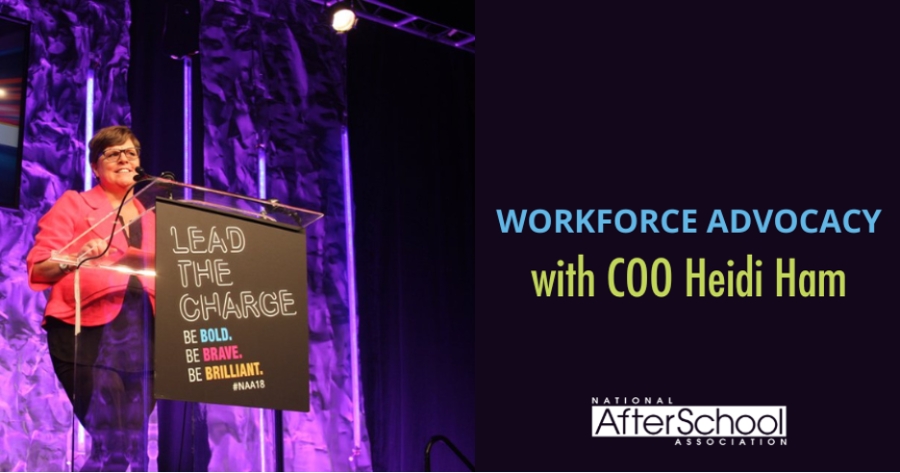What have I learned? I’ve learned that caregiving workforces–such as early childhood education, elementary teaching, and OST—are composed of women, including a high percentage of women of color. These workforces have always struggled for professional recognition. I’ve learned that many definitions of professionalization require higher levels of education but don’t include lived experience. Ultimately, I’ve learned that being identified as a “profession” is a social construct with vague definitions that reinforce racism, sexism, and classism.
So now, instead of asking what makes a profession, we are asking different questions. Do we reject the social construct that’s a moving target, define our identity and value, and advocate from that position? Or do we continue to expect our workforce to jump through hoops trying to put arrows in the elusive bullseye of a profession defined by others?
If we did the latter, would it even matter? To build on the metaphor, if we continue our current approach, will change come, or will we end up with empty quivers and broken arrows at the feet of the people who hold the most power?
Our answer? As the professional membership organization for our field, NAA’s role is to define the components of our identity as a knowledgeable and skilled workforce providing essential services and opportunities.
AND
Promoting workforce advocacy. This approach is a shift, but not impossible if we work together. This issue of AfterSchool Today highlights current field efforts showing progress and promising practices in building a future that values OST and provides professionals with job quality commensurate with their contributions and impact.
Contributed by Heidi Ham and featured in the 2022 Fall edition of AfterSchool Today

